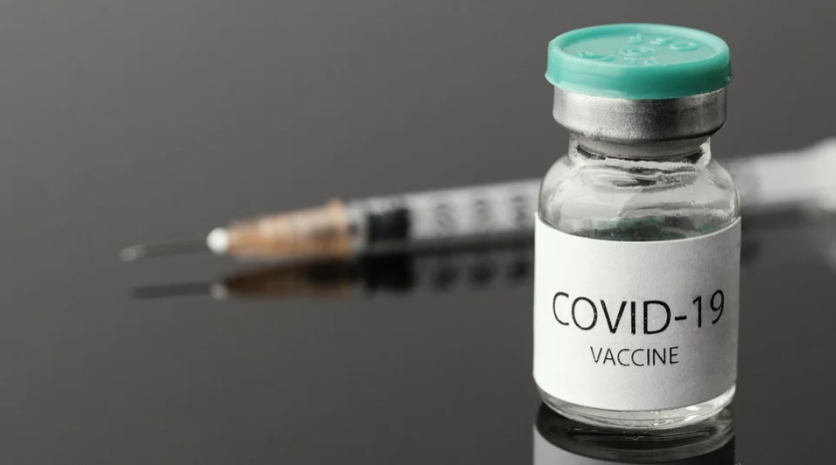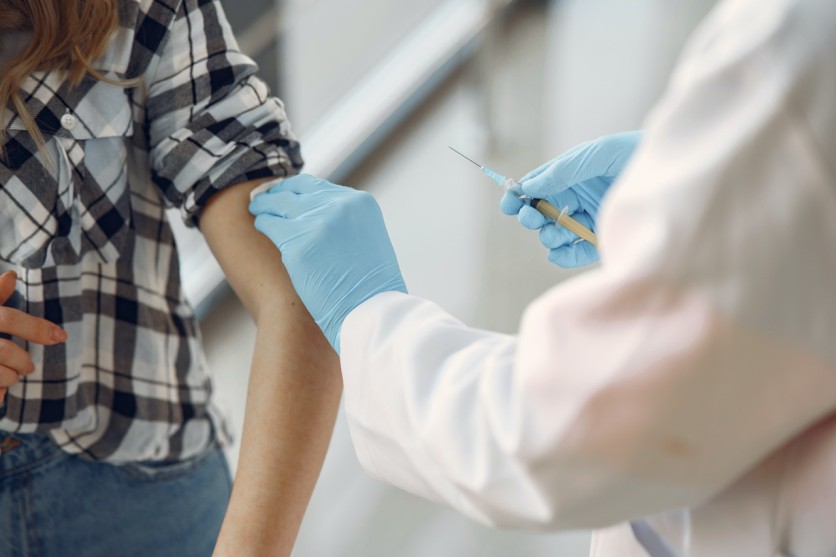COVID-19 vaccines have been found to be less effective for people with "Immunocompromised" conditions or those with weaker immune responses, and it includes transplant donors or recipients, and more. A study has recently found that despite these vaccines reporting high percentage rates in immunizations, a person's physiology still plays a great role in it.
The country has been vaccinating people for more than 5 months now, and it includes those who are at the higher risk of infection, a.k.a. "the priority," which includes those who have underlying medical conditions. And by underlying conditions, it also includes those who have undergone transplants and operations which have made their immune systems weaker.
The vaccine for COVID-19 or any other illnesses has these types of unforeseen implications, especially as human physiology varies to a person's medical history in their lives. Despite Pfizer and BioNTech or Moderna's highly-rated vaccine doses against the virus, a lot of variables would still come to play in terms of protection against the virus.
Read Also: Pfizer Vaccine Eligibility: 12 to 15 Year Olds to Receive Shots for COVID-19 by Wed, May 12
Immunocompromised People Won't Get the Same Response to COVID Vaccines

In a recent study by Brian J. Boyarsky, MD, William Werbel, MD, et al. (published via Jama Network), the team took a deep dive in learning the effects of the COVID-19 vaccine on people that had organ transplants.
The research entitled "Antibody Response to 2-Dose SARS-CoV-2 mRNA Vaccine Series in Solid Organ Transplant Recipients" focused on immunocompromised people, especially amidst this pandemic.
This study found that immunocompromised people (those who will have their shots or have already taken theirs) will have less immune response to the antibodies present in any vaccine against COVID. Mainly, this is because of their current state, which has a weakened status due to the past operations their body went through, due to various illnesses.
Will Immunocompromised People Be Less Prioritized in Vaccinations?

This data would not affect the current vaccination drive of the country, and it would still cater to those with a weaker immune response or organ transplant history amidst this pandemic. Antibodies were the only focus of this research, and these are not the only factors that drive an immune response in one's body.
The only thing it brings is the knowledge for pharmaceutical companies and health professionals, indicating the lesser effectivity it brings in resisting infections brought by the coronavirus.
Upcoming Booster for COVID-19 to Help in Improving Conditions
According to Gizmodo, pharma labs are currently in the works for COVID-19 booster shots, and they might be the answer to improving an immune response of an immunocompromised person. This means that even though a full dose is not that effective, a booster is necessary to increase its effects and help a person improve resistance against COVID.
Pfizer, Moderna, and other laboratories are already working on booster shots for all, to further immunize against the virus.
Related Article : Mixing of COVID-19 Vacines Appears to be Safe But Could Lead to Adverse Reactions, Study Says
This article is owned by Tech Times
Written by Isaiah Richard




